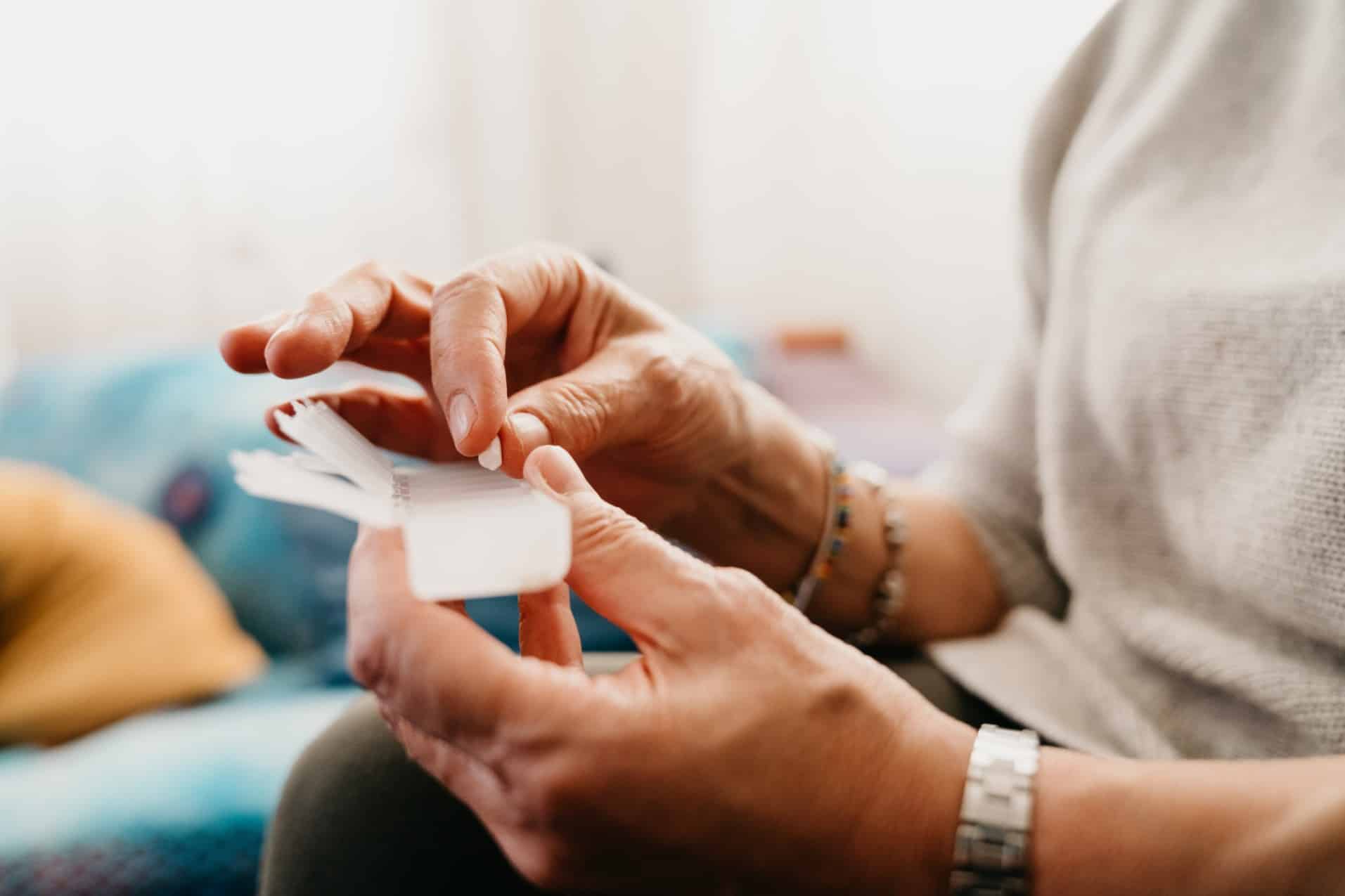Drug induced bipolar is a serious mental health condition that can have long-term implications. It happens when treatment of another medical issue, like depression or ADHD, causes Manic episodes among the patients they affect. Bipolar disorders induced by drugs could have similar symptoms as conventional bipolar disorders, however it is crucial to be aware of the distinct features of each and the best treatment options to combat the potential adverse effect. The underlying causes of bipolar disorder, an overview of typical symptoms, the various ways to diagnose psychiatrists, and the available treatments to address the diagnosis. Mental health professionals can give advice on how to detect signs of mania caused by drugs in patients taking certain medications. Patients can also learn the steps to take after a diagnosis has been established.

Bipolar disorder, one of the mental health conditions that is multifaceted and characterised with extreme mood swings, that range from manic-hypomanic to depressive episodes. While the exact reasons for bipolar disorder aren’t completely identified, studies have shown that there could be a variety of elements at play, including brain chemistry, genetics and environmental influences. Drug-induced bipolar disorders are an under-researched form of bipolar illness. It is triggered either by substance abuse or certain drugs.
Bipolar disorders manifest as symptoms that are directly caused by medications or medication. This is also known as drug-induced disorder. It is vital to remember that bipolar disorder induced by drugs is distinct from bipolar disorder which develops without any dependence on drugs or other substances. Drug-induced Bipolar Disorder is defined by symptoms that may be similar to those of bipolar but are triggered specifically by drug abuse.
Certain substances, like stimulants such as amphetamines like cocaine and ecstasy. As well as antidepressants and steroids, or even herbal supplements, have been associated with the development of Bipolar Disorder. Utilizing these substances can disrupt the neurotransmitter balance in the brain, causing mood swings as well as manic and hypomanic episodes.
The symptoms of drugs-induced bipolar disorder are similar to those of traditional bipolar disorder and could include alternating periods of heightened mood (mania or hypomania) and depression-like episodes. When experiencing hypomanic or manic episodes, individuals may experience heightened energy levels, increased irritability and impulsivity, racing thoughts, less desire to sleep, and engaging in risky behaviors. Depressive episodes on the other hand are characterized by feelings of sadness and despair. Inattention loss in certain activities, changes to eating patterns or sleep patterns, thoughts of self-harm, or suicide may be an indication.
The diagnosis of drug-induced Bipolar Disorder can be a challenge as symptoms could be misattributed to the substance in itself. But, it is essential to distinguish between bipolar disorder caused by drugs as it requires a different treatment method. To achieve recovery and stability, it is important to address and manage substance addiction along with bipolar symptoms.
The treatment of bipolar disorder usually involves a combination of psychotherapy, medication and addressing issues related to addiction to substances. Drugs like mood stabilizers, or antipsychotics can be prescribed to control mood swings as well as manage symptoms. Psychotherapy such as cognitive-behavioral treatments (CBT) helps people identify triggers, develop coping mechanisms, and change their habits to help them recover.
The treatment for drug-induced Bipolar Disorder has to address addiction to drugs. It could be necessary to attend support groups or engage in treatment programs to treat addiction. Addiction specialists can also assist with addressing the underlying causes. It is important to create a comprehensive treatment plan which takes into consideration both bipolar symptoms and addiction to ensure the best chances for long-term healing.
It is crucial that you or someone else that you know seeks professional advice when you suffer from bipolar disorder caused by drugs. A mental healthcare professional who is experienced in dealing with co-occurring issues can diagnose precisely and develop an individual treatment program. Recovery is possible if you have the right treatment and guidance.
The drug-induced bipolar disorders is a form of bipolar illness which can be caused by addiction to substances and certain medicines. These kinds of bipolar disorders should be distinguished from conventional bipolar disorders so that there is the correct diagnosis. Recognizing the causes, symptoms and treatment options for drug induced bipolar disorder is essential to provide effective care and support for individuals affected by this condition. A proper approach can help people achieve stability and recovery by addressing both the bipolar and substance abuse issues.